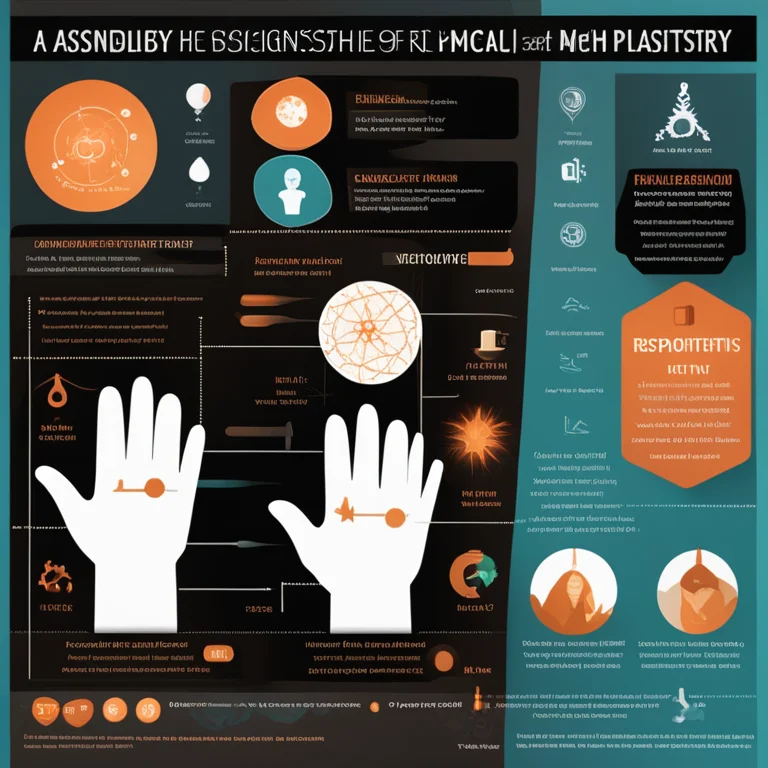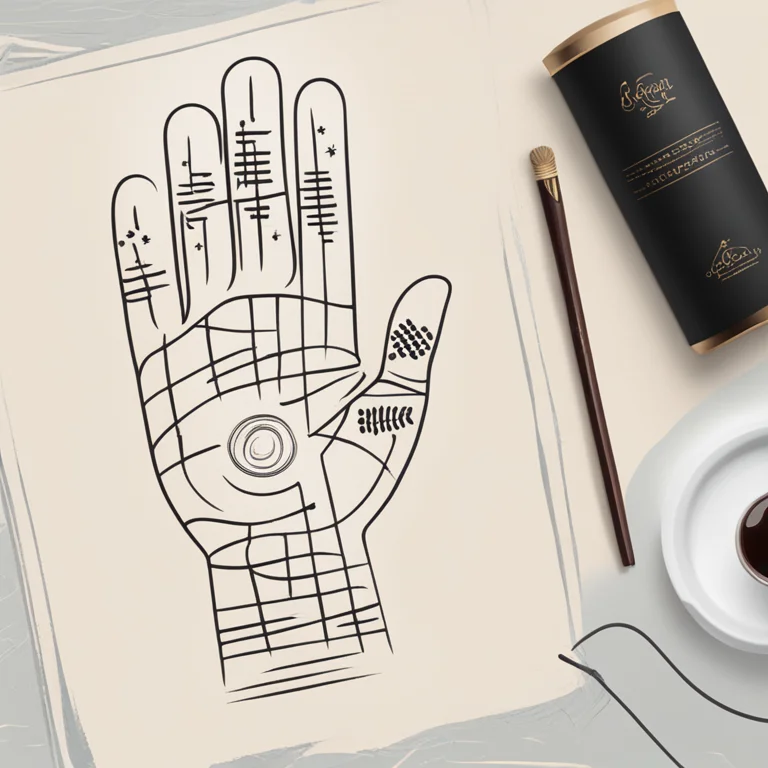
Palm Lines: Insights into Health Conditions
Discover the intriguing correlations between palmistry lines and potential medical conditions in our in-depth article, where ancient wisdom meets modern health insights.
article by Nora Pennington
Palmistry: A Health Indicator?
For centuries, palmistry has been eyed with fascination and skepticism alike. The intricate lines etched on our palms are believed by some to tell tales of our lives, personalities, and even health. While not scientifically established, certain palmists assert that these lines can indeed reveal predispositions to certain conditions. Modern palmists have started cross-referencing their findings with medical data, adding a new layer to this ancient practice—but remember, it is not a diagnostic tool!

Critical Lines and Health Revelations
Among the myriad lines, few have garnered attention for their supposed connection to health. The heart line, often linked to emotional and cardiac well-being, might display irregularities in someone with cardiovascular issues. The head line, associated with neural and mental health, could exhibit deviations in individuals with migraines or psychological concerns. The life line, reflecting vitality and life changes, might suggest digestive or energy-related issues if it appears faint or fragmented.

Medical Palmistry: Debunked or Debated?
Scientists have largely debunked palmistry as a method of diagnosing or predicting health outcomes, urging caution over misrepresentation. Despite this, a niche cross-section of medical researchers and palmists remain intrigued by its potential. Some have delved into the relationship between hand dermatoglyphics—patterns on the skin of the hands—and genetic conditions, offering a tentative bridge between palmistry and medical science.

The Simian Line and Medical Research
One aspect that piqued interest is the simian line—a single line that runs across the palm, merging the heart and head lines. While common in certain primate species—hence the name—it's less so in humans. Research has shown that this line is more likely to be present in individuals with Down syndrome and other chromosomal conditions, granting the line a curious spot in the intersection between palmistry and genetics.

Understanding Variations in Lines
It's crucial to approach palmistry-related insights with a discerning eye. Variation in palm lines is high among the population and can be influenced by numerous factors beyond health, including occupation and even familial traits. While these lines might suggest consult with a medical professional, they should never replace empirical diagnostic methods such as blood tests, imaging, or genetic screening.
Future of Palm Lines in Health Contexts
As we surge into the future with advanced bioinformatics and genetic testing, palmistry's role in medicine remains at the fringes. However, enthusiasts and holistic practitioners continue to use it as one of the tools in a larger wellness toolkit. With growing interest in alternative and complementary therapies, the fusion of traditional knowledge with contemporary health perspectives could spark novel interest in palmistry's potential health connections.
Published: 1/10/2024
Modified: 1/10/2024
More predictions
Come back here soon to learn more about yourself and your future


The Mysterious World of Hand Analysis
Delve into the mysteries of hand analysis and discover what your palms can reveal about your personality and future.


Guide to Palmistry: Interpreting Your Palm Lines
Discover the ancient art of palmistry with our comprehensive guide to reading and interpreting the lines on your palms.


Palmistry in Flux: The Nature of Palm Lines
Delve into the compelling world of palmistry and discover how your palm lines may change over time, reflecting personal growth and life shifts.